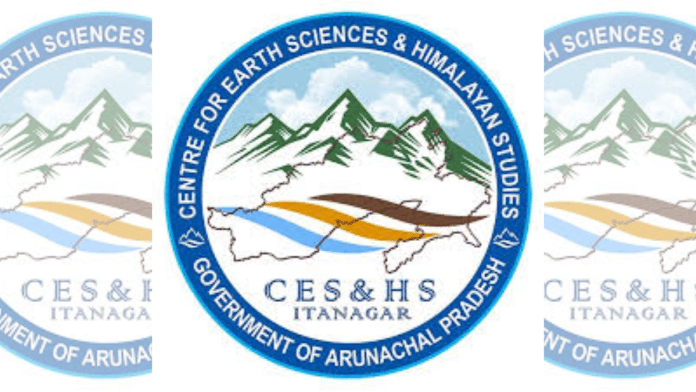Itanagar: India’s first fully indigenous geothermal power plant will be developed in Arunachal Pradesh, officials said on Tuesday.
The 50-kw plant will be developed at a record low of 68 degrees Celsius, they said.
In this regard, the Centre for Earth Sciences and Himalayan Studies (CESHS) and Shriram Institute for Industrial Research have inked a memorandum of understanding.
CESHS geoscience chief Rupankar Rajkhowa said the project will come up in Tawang district.
“We have already identified three places — Mago, Thingbu and Damteng, and the research and structural mapping has been done,” he said, adding that the project will cater to a population of over 5,000.
Rajkhowa said the project is expected to be completed in three years.
Maintaining that it’s a first-of-its-kind in the Himalayan region, he said the project will be completed at a cost of over Rs 10 crore, funded by the Ministry of New and Renewable Energy.
A team of scientists from CESHS, led by its director Tana Tage, recently visited the demonstration site of an indigenously developed 20-kw geothermal power plant at SIIR.
SIIR’s geothermal project manager Bhupesh Sharma said multiple trials have been conducted using a smaller 5-kw lab-scale model to better understand the operational challenges of indigenous bipolar process technology, particularly at a lower temperature of just 68 degrees Celsius.
Chief Minister Pema Khandu said, “Arunachal Pradesh & CESHS take a visionary step by signing an MoU to develop India’s first fully indigenous 50kw geothermal power plant at a record low of 68 degrees C. Harnessing Earth’s energy, driving innovation, and leading India’s clean energy revolution from the Himalayas!” “It will be a milestone in clean energy and geothermal research,” he added.
Established in 2021 under the Department of Science and Technology, CESHS is dedicated to research in climatology, geoscience, hydrology, and renewable energy. PTI CORR UPL SOM
This report is auto-generated from PTI news service. ThePrint holds no responsibility for its content.






